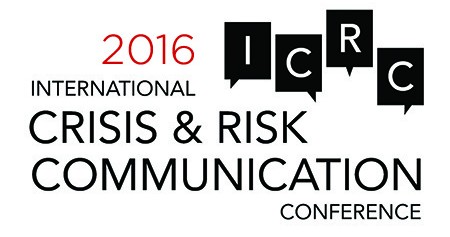
Professor
Jönköping University
Sweden
Since the 1990:s I have worked with different types of communication problems connected to the ability of society to manage societal disturbances, including communication studies connected to the civil preparedness of Swedish municipalities, and studies of the unexpected arrival of boat refugees in Sweden. During these years I have participated in several multi-disciplinary research projects as well as national, Scandinavian and international conferences. National conferences were organized by the universities of Umeå, Uppsala, Gothenburg and Lund. Scandinavian conferences have been arranged by Nordmedia in Sweden, Island, Denmark, Finland and Norway. International conferences in which I have participated have been “Local authorities confronting disasters and emergencies” (Tel Aviv, Amsterdam) and ECREA (Lisbon). I have also been part of networks with practitioners from civil defence organizations, and been engaged by several Swedish municipalities to give a series of lectures. Apart from the research, I have worked as a teacher in Media and Communication Science at different universities in Sweden including Gothenburg and Örebro. I have taught at Jönköping university for the last ten years. Special fields of interest included in my teaching are organizational communication, crisis communication on the societal and organizational level, journalism, and global communication, for example leadership in a global environment. In 2006 I was awarded the Students Union Pedagogic Prize for being the best teacher at Jönköping university.
2015
Crisis Communication between the Authorities and the Media: A study of the Estonia catastrophy of 1994 when 852 people lost their lives.
Since the beginning of crisis communication research, two separate paths seem to have developed. One has studied crisis communication in the area of Public Relations within commercial enterprises, whilst the other has focused on crisis communication between different societal actors in connection with serious accidents, catastrophes and severe societal disturbances. Crisis communication on the societal level though, has in general low priority among international researchers. Such research is of practical importance, because this type of crisis communication can affect the rescue work of the authorities, the journalists´ news reporting and the development of a societal extraordinary event into a crisis situation. The aim of the study is to describe and explain the initial actions of Swedish authorities and media, their contacts, strategies for information, communication patterns, and levels of dialogue in connection with the Estonia catastrophe. The study is based on 50 interviews. An important assumption is that the rescue work of the authorities and the news reporting of the media, can both benefit from a well functioning interplay between the actors. The study is part of a forthcoming doctoral thesis. Results show that most authorities lacked preparedness for a disaster of the magnitude of Estonia, because it was unthinkable, not because of the type of accident. The media was not taken by surprise, as they have a constant preparedness. Another result is that planning and practice are not sufficient if capability is lacking in implementing the plans and taking advantage of the preparedness. Most authorities used a publicity strategy for disseminating information to the media, and the media used primarily a neutral strategy in gathering information from the authorities. This study contributes with a normative crisis leadership perspective to the field of crisis communication between the authorities and the media. A severe disaster which occurred 20 years ago can give us knowledge about mechanisms that only appear in difficult situations, lessons that can be of use in our preparedness for new serious catastrophes in society.


